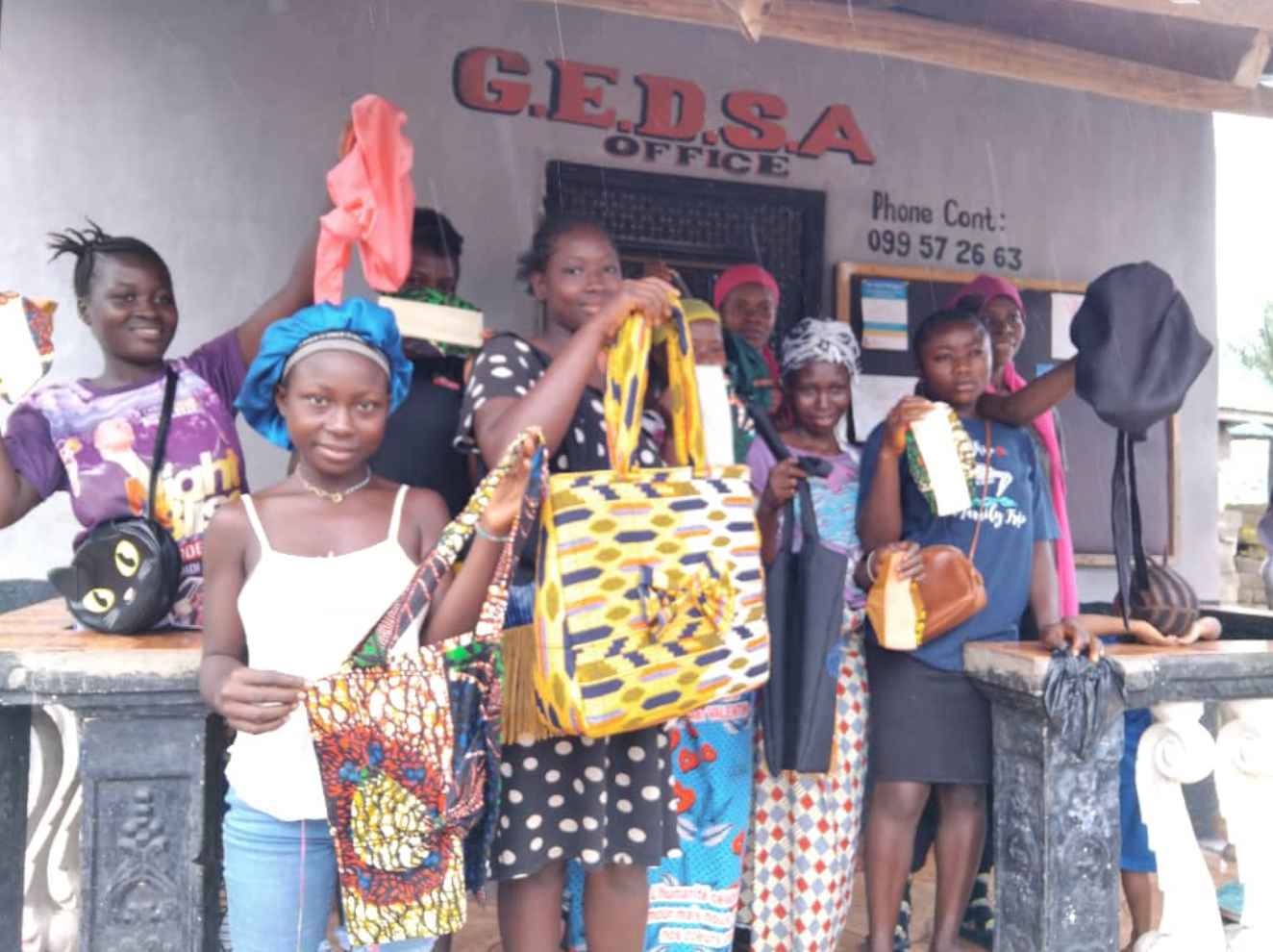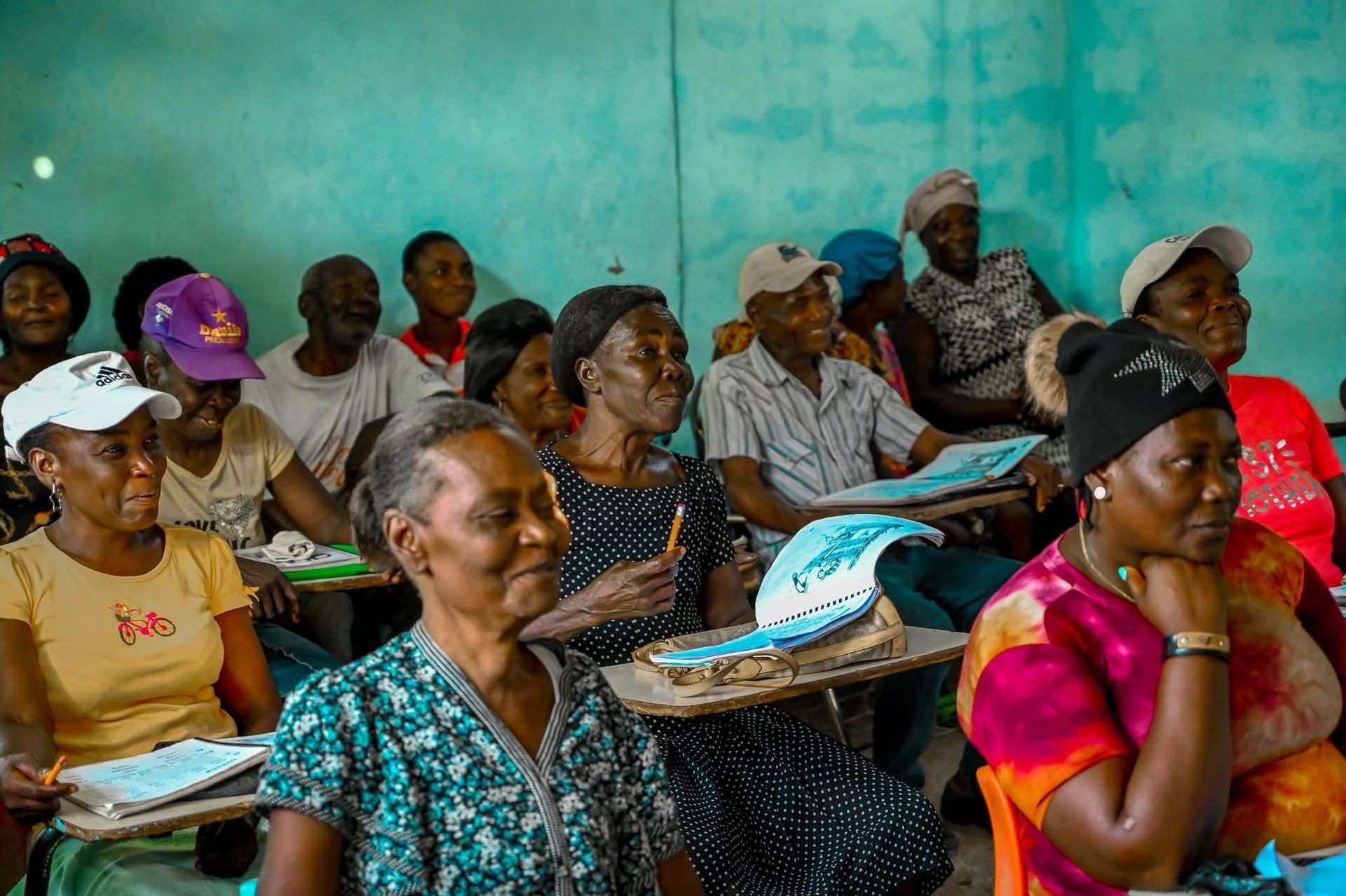Chess in Schools - What impact does it have?
Chess is a low cost, high impact educational intervention. It knows no boundaries of age, gender, faith, ethnicity or disability, and can be played anywhere at any time. The game fosters intellectual and emotional skills crucial to a child’s wider development.
Chess in Schools & Communities (CSC) is a nationwide charity founded in 2009 which delivers the educational and social benefits of learning chess to disadvantaged communities across the country. We work in a variety of community settings: libraries, hospitals, youth centres, homes for older people and prisons.
Through our Schools’ Programme we currently teach chess in over 300 schools every week and support a further 2,400 schools with tuition, equipment, access to our curriculum and training.
In schools, CSC’s unique approach is to run chess lessons during the school day as well as traditional chess clubs after school. Our lessons follow a bespoke 30-week curriculum designed to support other areas of the primary school learning, most notably mathematics. The course is suitable for children with no prior knowledge of board games and takes them from complete beginners to proficient players over the course of an academic year.
Lessons are delivered by trained CSC tutors supported by school staff. The lessons are for whole classes of 30 children and typically take place in KS2 in primary school. Teaching during the school day ensures our programme is completely inclusive: no child is excluded from chess activities and children with special educational needs flourish. Girls, often under-represented in typical chess clubs, thrive in our lessons and tend to perform extremely well in our tournaments.
In addition to these core activities, CSC also organises the London Chess Classic, a world-class chess tournament with a schools’ festival attended by up to 2,500 of our pupils, and ChessFest, a celebration of the game of chess which culminates in the charity taking over Trafalgar Square for the day to offer free, familyfriendly chess activities to members of the public. On 7th July 2024, a record 23,300 people attended the fourth edition of ChessFest (www.chess-fest.com).
Our lessons plans contain large amounts of mathematical content particularly relevant to Key Stage 2 in primary schools:
- Numeracy – children are encouraged to constant keep track of the numerical value of their collection of chess pieces relative to their opponent.
- Coordinates - it is impossible to describe chess moves without using the coordinates assigned to the squares on the board.
- Geometry - when teaching in lower KS2, we often find our teaching of the chessboard introduces children to basic geometric vocabulary: horizontal, vertical, rows, columns, diagonals. In addition, when teaching the tricky knight move, many of our tutors use an L-shaped piece of paper to lay on the chess board and then talk about rotations and reflections of that shape to generate all the possible moves.
- Algorithms - there are various technical tasks in chess, especially when it comes to forcing checkmate. Our curriculum explicitly describes these as algorithms. For example, when delivering checkmate with a king and queen against a bare king, our pupils learn the Closing the Box method.
- Basic proofs - when learning how the pieces move around a chessboard, our curriculum sets children various problems that require simple mathematical proofs. For example, can the children find a way to move a knight from the bottom left corner of the chessboard to the top right in six moves?
In addition to this mathematical knowledge, learning chess also develops various skills that are critical to STEM subjects in general:
- problem solving
- logical thought
- decision making
- visualisation
- concentration skills
If you are interested in having chess taught in your school please get in touch!
www.chessinschools.co.uk – dan@chessinschools.co.uk
BIOGRAPHY
Dan has worked for CSC since 2011. He started as a tutor in London and became London Coordinator before moving to Yorkshire. While he still loves teaching chess in schools, he coordinates CSC’s work in Yorkshire and other counties and deals with Tutor Recruitment outside London and Training, is National Library Coordinator and Deputy Safeguarding Lead. He is married and has two children. As well as working with chess he also enjoys playing




